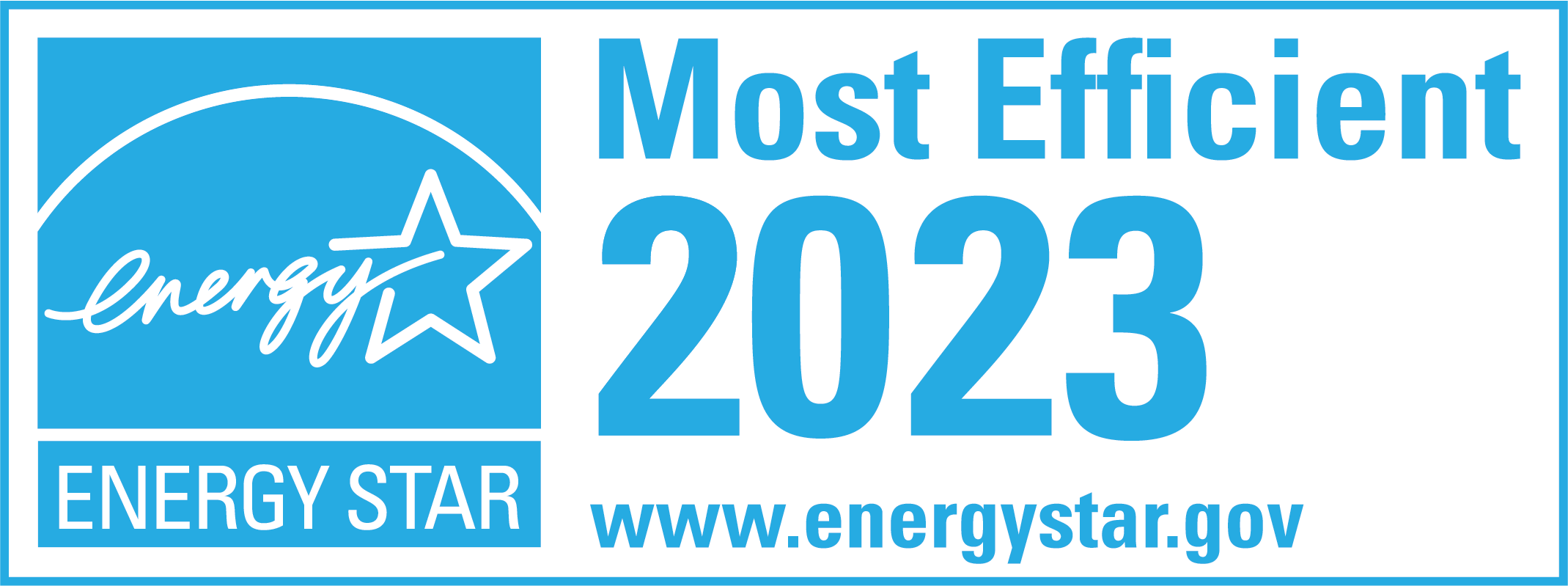Benefits of Argon Gas in Replacement Windows
Embark on a journey to transform your living space with our latest article, “4 Benefits of Argon Gas in Your New Windows.” Discover how incorporating argon gas into your window design can revolutionize your home’s energy efficiency, providing a cozy haven regardless of outside weather. Elevate your comfort and savings—dive into the advantages of argon gas and request your free estimate today to embark on a window upgrade that transcends the ordinary.
What is argon gas?
Argon gas is a colorless, odorless, and non-toxic inert gas belonging to the periodic table’s noble gas group. The chemical symbol Ar denotes it. Argon is naturally present in the Earth’s atmosphere, constituting about 0.93% of our air.
What does argon gas do in windows?
In the windows context, argon gas is often used as a fill material between the panes of double- or triple-pane insulated glass units. This type of window construction is designed to enhance energy efficiency. Argon gas is chosen for its insulating properties, as it is denser than air. The presence of argon between the glass panes reduces heat transfer through the window, helping to improve the overall thermal performance of the window and increasing the energy efficiency of a building.
Argon-filled windows are commonly used in residential and commercial construction to meet energy efficiency standards and provide better insulation, reducing energy consumption and lowering heating and cooling costs.
How does argon gas improve your home windows?
- Enhanced Thermal Insulation: One of the primary benefits of argon gas in replacement windows is its ability to improve thermal insulation. Argon is denser than air, and when used as a fill material between the panes of double or triple-pane windows, it reduces heat transfer. This effectively minimizes temperature exchange between the inside and outside of the home, contributing to a more comfortable living space and decreased energy consumption.
- Increased Energy Efficiency: Argon-filled windows contribute to overall energy efficiency by reducing the reliance on heating and cooling systems. The improved insulation of argon gas helps maintain a consistent indoor temperature, resulting in lower energy bills and a reduced carbon footprint. Homeowners often experience long-term cost savings due to decreased energy consumption.
- Condensation Control: Argon gas helps control condensation on the interior surfaces of windows. By minimizing temperature variations between the window panes, argon reduces the likelihood of condensation forming on the glass. This enhances visibility through the windows and helps prevent potential issues such as mold and mildew growth.
- Sound Insulation: Besides thermal benefits, argon-filled windows offer improved sound insulation. The denser gas reduces the transmission of sound waves, helping to create a quieter indoor environment. This particularly benefits homes in noisy urban areas or near busy streets, providing occupants with a more peaceful and comfortable living space.
Incorporating argon gas can deliver energy efficiency, comfort, and long-term savings for homeowners seeking to upgrade their windows. When considering replacement windows, consulting with professionals can help determine the most suitable options based on specific needs and preferences.
Drawbacks of standard clear glass in older windows.
Clear glass in older windows is inefficient and leads to energy loss primarily due to its poor insulating properties. Unlike modern energy-efficient windows that incorporate advanced glazing technologies, clear glass lacks features designed to mitigate heat transfer. Here are key reasons why clear glass contributes to energy inefficiency:
- Limited Insulation: Clear glass has minimal insulating properties, allowing heat to pass through easily. During colder months, indoor heat can escape through the window, increasing heating costs. Similarly, in warmer months, external heat can enter the home, necessitating more energy for cooling.
- High Thermal Conductivity: Clear glass is a good conductor of heat, meaning it readily allows the transfer of thermal energy. This characteristic results in a lack of resistance to temperature changes, making it less effective in maintaining a stable indoor climate.
- Ineffective UV Protection: Clear glass provides limited protection against the sun’s ultraviolet (UV) rays. UV rays can contribute to the fading of furniture, carpets, and curtains and increase indoor temperatures. Energy-efficient windows often feature coatings that help block a significant portion of UV rays, reducing energy costs and the potential for sun-induced damage.
- Single-Pane Construction: Many older windows are constructed with a single pane of clear glass. Single-pane windows offer minimal insulation compared to double or triple-pane windows that incorporate insulating layers and inert gases like argon or krypton. The additional layers and gases are barriers to heat transfer, significantly improving energy efficiency.
- Air Leakage: Older windows with clear glass may have deteriorating seals or weatherstripping, leading to air leakage. Infiltration of outdoor air and loss of conditioned indoor air through gaps around the window can exacerbate energy inefficiency.
In Closing
The fourfold advantages of incorporating argon gas into your new windows promise a transformative upgrade for your home. The benefits are substantial, from enhanced thermal insulation and increased energy efficiency to improved condensation control and superior sound insulation. Elevate your living space with our expertise – contact us today for a free estimate and embark on a window transformation that combines innovation, comfort, and lasting savings.
Ready to transform your living space? Take the first step today! Call us or visit our contact page to schedule a consultation and discover how quickly and seamlessly Window Depot can enhance the beauty and functionality of your East Texas home.
Our service area includes the following towns: Tyler, Whitehouse, Bullard, Lindale, Chandler, Canton, Mineola, Longview, Kilgore, Henderson, Gilmer, Gladewater, Marshall, Hallsville, and Palestine.









